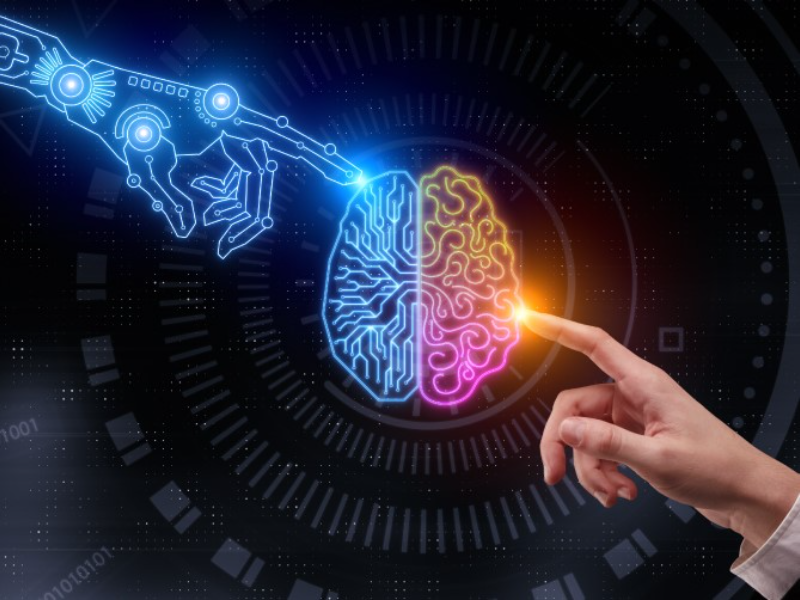- AI ethics are guiding principles that ensure responsible development and use of AI technologies, encompassing safety, security, fairness, privacy, and environmental considerations, implemented through corporate policies and government regulations.
- AI ethics are crucial to mitigate risks, ensure fairness and transparency, and prevent the perpetuation of biases in AI technologies, especially for marginalised groups.
As artificial intelligence continues to permeate every facet of modern life, the need for ethical boundaries in the creation and implementation of AI technologies becomes increasingly apparent. While there is currently no overarching regulatory body to enforce these guidelines, many technology companies have taken the initiative to develop their own AI ethics frameworks or codes of conduct.
What are AI ethics?
AI ethics comprise the set of guiding principles that stakeholders—from engineers to policymakers—employ to ensure that AI technologies are developed and utilised responsibly. This involves adopting a safe, secure, humane, and environmentally conscious approach to AI.
A robust AI code of ethics typically encompasses avoiding bias, ensuring user privacy and data protection, and mitigating environmental risks. These codes can be implemented through corporate policies and government-led regulatory frameworks. Both approaches address global and national ethical AI issues and establish the policy groundwork for ethical AI in organisations, thereby regulating AI technology.
Also read: AI governance: Ethical, legal, and global imperatives
Also read: What are some ethical considerations when using generative AI?
Stakeholders in AI ethics
The development of ethical principles for responsible AI use and development necessitates collaboration among various industry actors. These stakeholders must consider how social, economic, and political factors intersect with AI and determine how machines and humans can coexist harmoniously.
Each actor plays a vital role in ensuring reduced bias and risk in AI technologies:
Academics: Researchers and professors are responsible for developing theoretical foundations, conducting research, and generating ideas that support governments, corporations, and non-profit organisations.
Government: Agencies and committees within governments can facilitate AI ethics at the national level. For example, the National Science and Technology Council (NSTC) published the “Preparing for the Future of Artificial Intelligence” report, outlining AI’s relationship to public outreach, regulation, governance, the economy, and security.
Intergovernmental entities: Organisations such as the United Nations and the World Bank raise awareness and draft international agreements on AI ethics. UNESCO’s 193 member states adopted the first global agreement on the Ethics of AI in November 2021, promoting human rights and dignity.
Non-profit organisations: Groups like Black in AI and Queer in AI advocate for diversity and representation within AI technology. The Future of Life Institute established the Asilomar AI Principles, which detail specific risks and challenges associated with AI technologies.
Private companies: Executives at Google, Meta, and other tech companies, as well as those in banking, consulting, healthcare, and other sectors that utilise AI, are responsible for creating ethics teams and codes of conduct. This often sets a standard for other companies to follow.
Why are AI ethics important?
AI ethics are crucial because AI technology is designed to augment or replace human intelligence. However, when technology replicates human capabilities, it can inherit the same biases and flaws that affect human judgment. AI projects based on biased or inaccurate data can have harmful consequences, particularly for underrepresented or marginalised groups. If AI algorithms and machine learning models are developed too rapidly, correcting learned biases can become challenging. Incorporating a code of ethics during the development process helps mitigate potential risks and ensures that AI technologies are deployed in a manner that is fair, transparent, and accountable.

